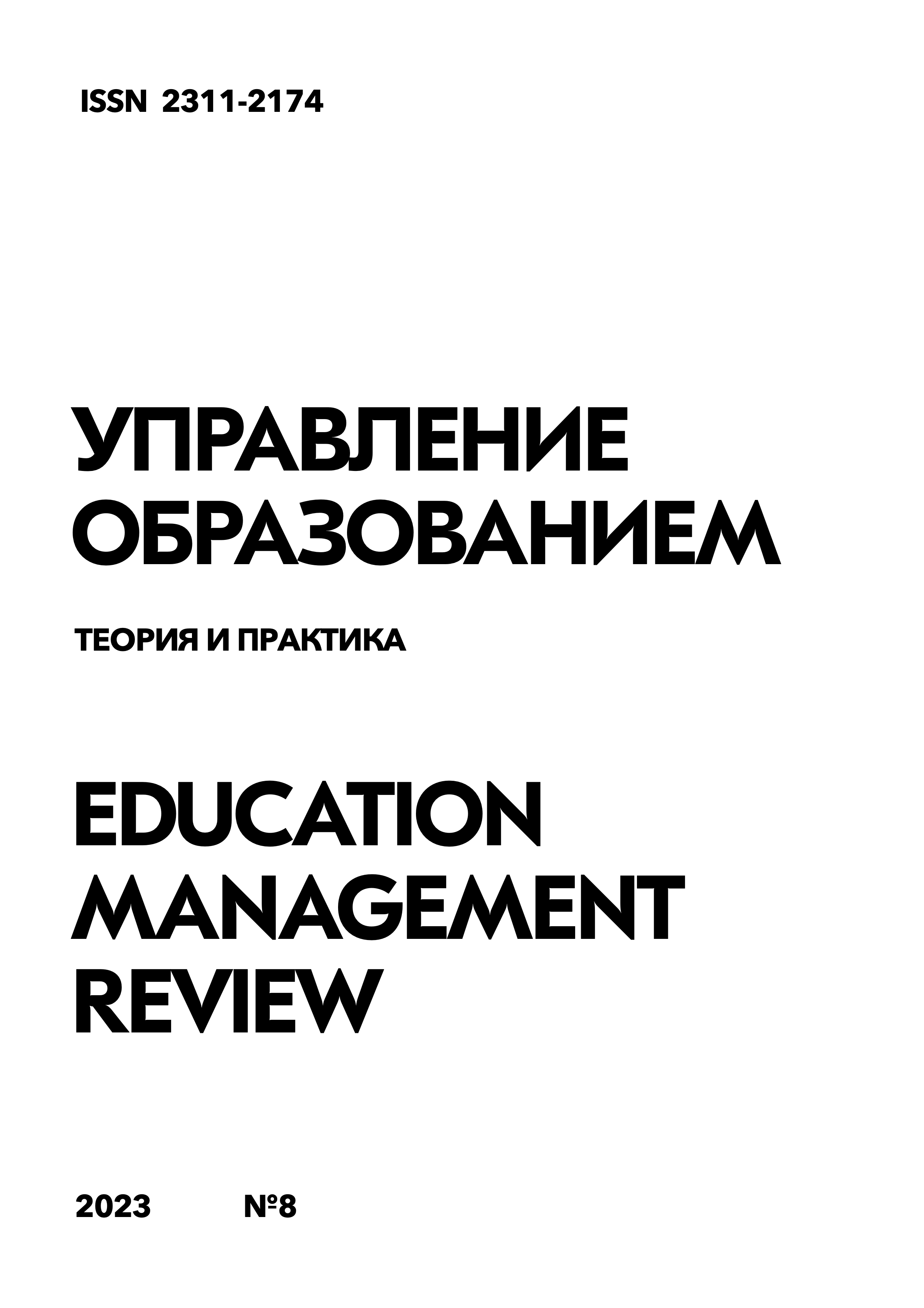Standardization of the content of Russian language teaching as a philosophical and methodological trend
DOI:
https://doi.org/10.25726/t5765-6954-1428-lKeywords:
language education, philosophical and methodological trends, standardization of language education, language personality, language consciousness, competence, learning ability, communicative competenceAbstract
The study is devoted to the topical issue of standardizing the content of teaching the Russian language as a philosophical and methodological direction that unites, concretizes and improves the content of language education. According to the authors, the methodological basis of the method of teaching the Russian language is formed on the basis of philosophy, its laws, patterns and principles. The philosophy of education as a branch of applied philosophy that explores the nature of education, its goals and problems, offers new models of educational systems and is an important theoretical platform and no less strategically important methodological guideline for developing an effective and productive technology for the modern lesson of the Russian language. The authors carried out a theoretical analysis of the scientific literature on the topic of the study, characterized the concept of "linguistic personality". The essence of the main competencies is clarified - the ability to learn and communicative competence, aimed at the formation and development of the student's linguistic personality. At present, in the scientific and educational space, the dominant philosophical trends in language education are the standardization of the content of education, competence orientation, orientation of the educational process, rethinking the role of the teacher, and the use of productive technologies for teaching the Russian language. Consideration of the leading philosophical trends of our time will provide a scientific platform for determining the theoretical and methodological foundations of the modern Russian language lesson, implementing its effective planning and developing effective technologies.
References
Баранников А.В. Реформы и стандарты образования в правовом контексте (опыт зарубежных стран) // Педагогика. 2009. №4. С. 114-126.
Боринштейн Е. Социокультурные особенности языковой личности // Социальная психология. 2004. №5 (7). С. 63-72.
Зимняя И.В. Вербально-коммуникативная функция в восприятии и пустом тексте // Психологические механизмы пустого и восприятия текста. М.: МГПИИЯ, 1985. Вып. 243. С. 23.
Карасик В.И. Языковой круг личности, концепты, дискурс. Волгоград: Перемена, 2000. 477 с.
Караулов Ю.Н. Русский язык и языковая личность. М.: Наука, 1987. 263 с.
Красных В.В. Основы психолингвистики и теории коммуникации. М.: Гнозис, 2001. 270 с.
Кремень В.Г. образование и общество в парадигме синергетического мышления // Педагогика и психология. 2012. № 2. С. 5-11.
Иванова М.В. Историческая грамматика русского языка: учебное пособие. М.: Издательский центр «Академия», 2011. 128 с.
Иванова М.В. Алфавитно-частотный указатель словоформ «Жития Стефана Пермского». Депонированная рукопись № 24353 от 03.03.1986. М.: ИНИОН, 1986. 896 с.
Сергеев А.Г., Терегеря, В.В. Стандартизация Текст. М., 2002. 236 с.
Совет Европы: Симпозиум по теме «Ключевые компетенции для Европы»: Док. DECS / SC / Sec. (96) 43. Берн, 1996.
Судаков В.В. Стандарты общего среднего образования в регионах Российской Федерации. М: Педагогическое общество России, 1999.
Хуторской А.В. Ключевые компетенции как компонент личностно-ориентированной парадигмы образования // Ученик в обновляющейся школе. Сборник научных трудов. М.: ИОСО РАО, 2002. С. 135- 157.




